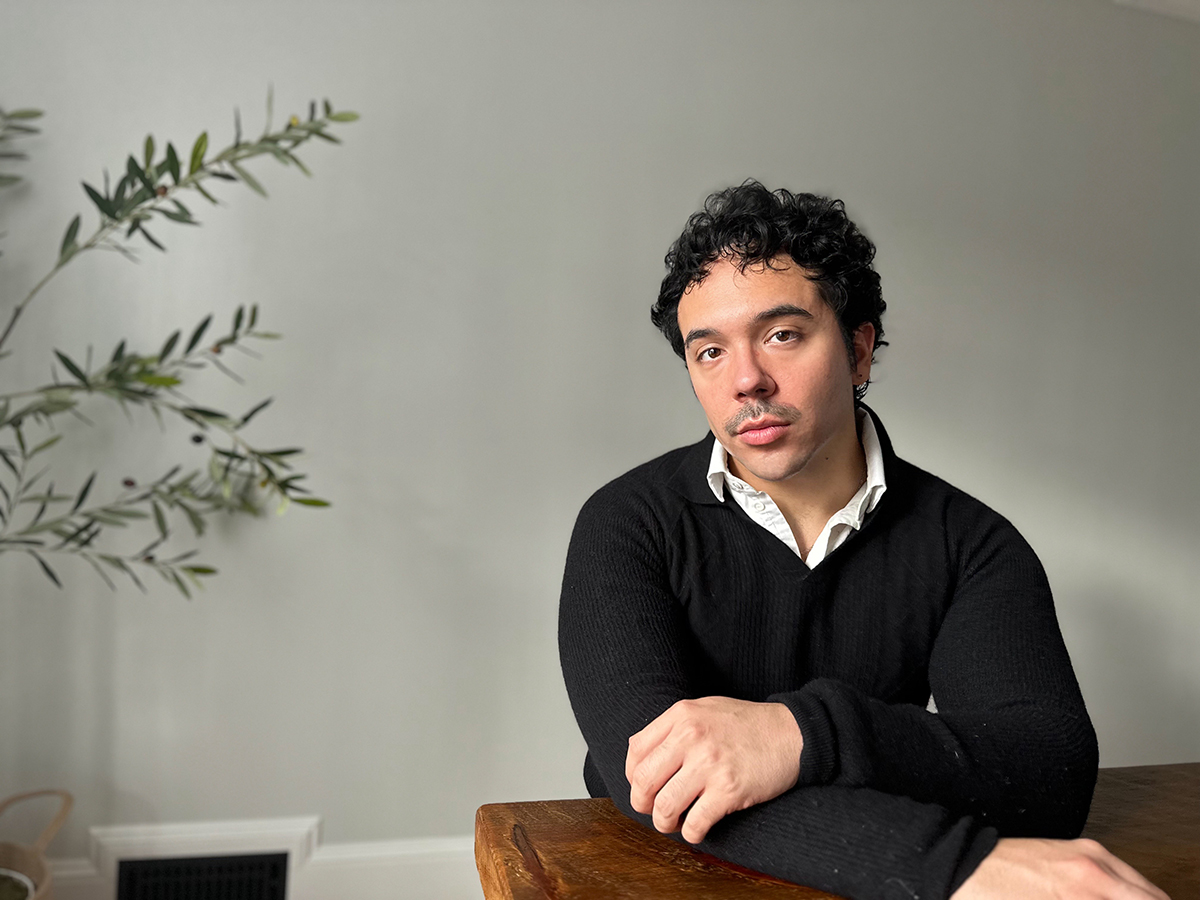
Lucas R. Ramos
My dissertation follows Italian queer activism over three decades, assessing how the Catholic Church and the Left impacted its political strategies after World War II. Traditional accounts of Western LGBTQ+ social movements position queer activism as separate from, if not antithetical to, religion. I argue instead that religious politics shaped queer activists in two surprising ways. First, the Church’s constitutional power over civil society created the conditions under which homosexual activists emerged in the late 1960s. As a result, the organizers of the largest gay groups, like the Revolutionary Homosexual Unitary Front and the Communist Recreational Gay Association, drew from Italy’s Catholic milieu to build connections with the Left, which had historically excluded homosexuals. At the Academy, I will explore Rome’s institutional archives and conduct interviews with gay and lesbian organizers to trace these lasting connections forged in the transformative years after Fascism.